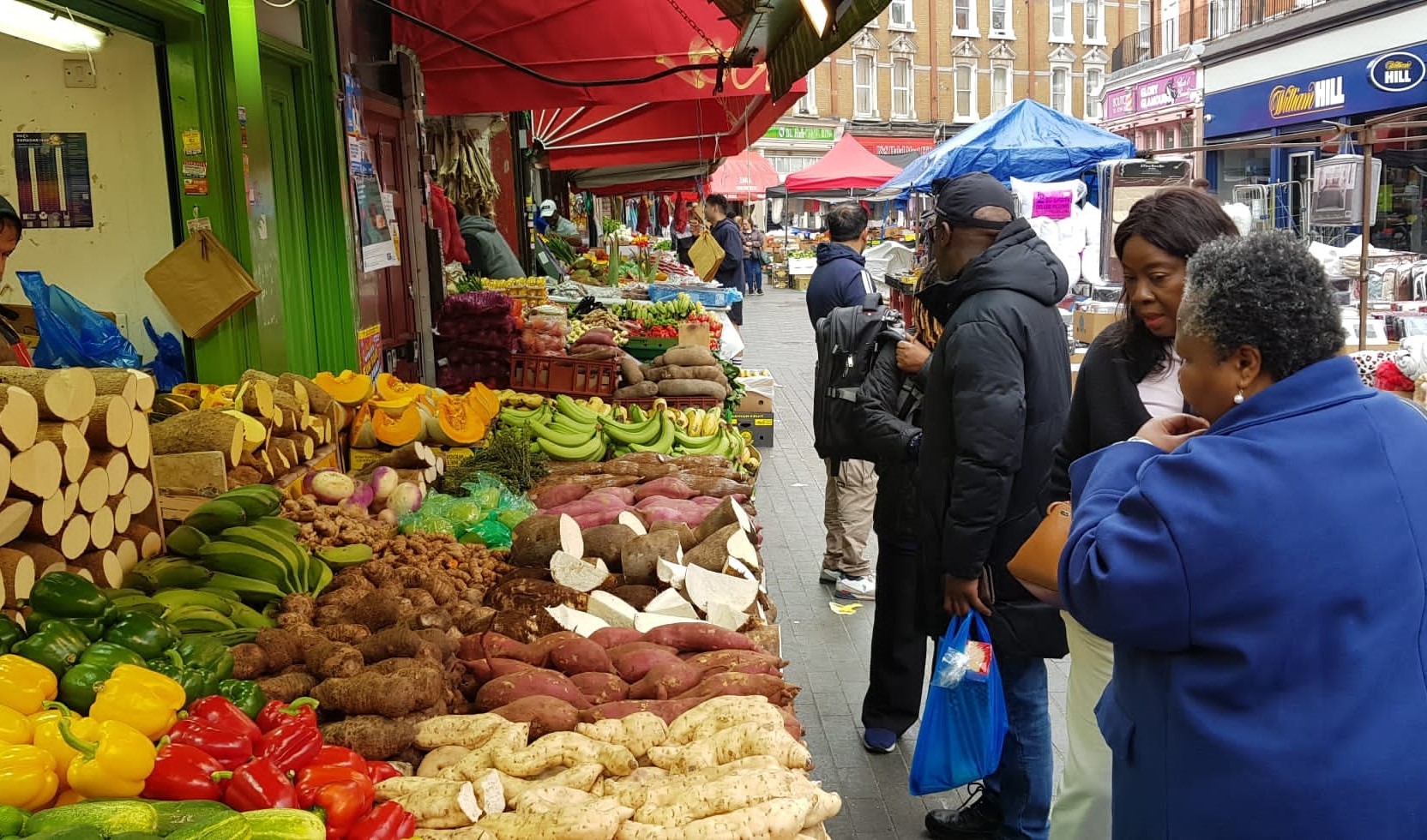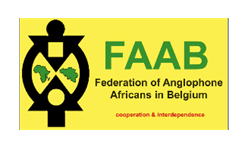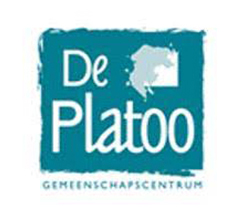
The global food system is facing dire challenges. With increasing concerns about climate change, food insecurity, biodiversity loss and malnutrition, there is an urgent need to rethink how and what people eat. One critical area of focus gaining momentum is the rediscovery and promotion of forgotten foods—indigenous, underutilized crops that hold immense nutritional, cultural and economic value.
At The Food Bridge vzw, we are privileged to be leading a study on the trade of African food in Europe, funded by GFAiR – the Global Forum on Agricultural Research and Innovation, as part of the Collective Action on Forgotten Food. Our research aims to map the trade networks and market potential of these forgotten foods, focusing initially on the United Kingdom and France.
Why Indigenous African Food Matters
Indigenous African crops such as fonio, bambara groundnut, garden eggs, African bread fruit, baobab, varieties of cowpea and vegetables, are resilient, climate-smart, and nutritionally rich. These foods have sustained African communities for generations, yet they remain largely absent from mainstream global markets.
However, on Europe,the African diaspora is gradually changing this narrative. From open markets to high-end restaurants, these communities are not just consumers but also entrepreneurs, chefs, and agrofood innovators. Our preliminary field trip to London revealed a vibrant, growing network of wholesalers, chefs, and small businesses using African ingredients. This evolution shows that there is an untapped market with cultural depth and great economic promise.
The Need For A Global Food System Shift
The dominance of a few staple crops (wheat, maize, and rice), on global plates has led to a homogeneous food supply, which is detrimental to humanity. This system is vulnerable to shocks and contributes to malnutrition, ecological degradation, and market inequality. Thus Forgotten Foods offer a pathway toward a more just, resilient, and inclusive food system. Organizations like GFAiR and initiatives like the Collective Action on Forgotten Food are crucial in building this future. But beyond policy and research, real change requires multistakeholder collaboration across the sectors with farmers, researchers, retailers, chefs and consumers.
Reviving forgotten foods is not a nostalgic exercise, it is a strong strategy for global food security, sustainability, and cultural inclusion. Indigenous African foods are not relics of the past; they are key ingredients in designing the future of global food system.
Compendium
Upcoming Events
The Helping Hand Project
In collaboration with Kwabre Ne Sekyere Belgium,Mfantesman vzw,Voice of Women International, Kente FM and other African organizations, we are organizing "The Helping Hand project",is an action started in 2016, aimed at feeding the homeless in the Brussels area. We are in need of volunteers to help with the cooking, packing and distribution of food to the homeless and needy. We are also still looking for sponsors for this project. We do not accept funds but prefer sponsorship in the form of donations of desired food items, food packaging materials. if you are interested in giving a helping hand, contact us on This email address is being protected from spambots. You need JavaScript enabled to view it.







 For the first time, two visionary women have been jointly honored as the 2025 African Diaspora...
For the first time, two visionary women have been jointly honored as the 2025 African Diaspora...  The Collective Action on Forgotten Food is calling on women artists, designers, illustrators...
The Collective Action on Forgotten Food is calling on women artists, designers, illustrators...  The Food Bridge vzw, with the support of its partners, publishes an annual Compendium...
The Food Bridge vzw, with the support of its partners, publishes an annual Compendium...  Diaspora organizations in Belgium are vibrant and diverse—spread across...
Diaspora organizations in Belgium are vibrant and diverse—spread across...  30 years ago in Beijing, women from around the world demanded equality and also made history. The...
30 years ago in Beijing, women from around the world demanded equality and also made history. The...  Registration is still open for the upcoming FAO & ICMPD event on 𝗔𝗴𝗿𝗶𝗳𝗼𝗼𝗱...
Registration is still open for the upcoming FAO & ICMPD event on 𝗔𝗴𝗿𝗶𝗳𝗼𝗼𝗱... 






